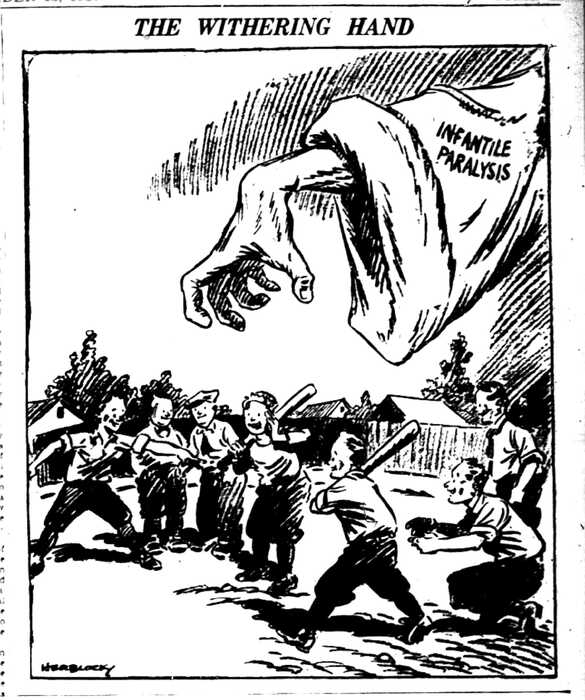Paul Bartle
Paul Bartle was born in Brantford and contracted polio in 1950 at the age of 2. At the time of his diagnosis, his parents were informed that he might be confined to wheelchair for the rest of his life. Paul spent nine months recovering in the Hamilton General Hospital.
"I was in a big ward. We were all children. There was occasions when I woke up in the morning and the bed beside me would be empty...obviously, as I got older I realized these children had died."
The Easter Seals was an organization dedicated to raising money to support children with disabilities. Each year they chose a child to be their "Timmy," the poster child for their annual campaign named after Tiny Tim from A Christmas Carol.
"The kids in the neighbourhood named me Timmy. It wasn’t done out of malice. It was in respect."
While Paul was never officially a Timmy, he was aware of the promotional material. He recalls admiring how the Toronto Maple Leafs always featured a child with a disability to support the Easter Seals in their Export Maple Leaf Garden wall calendar for the month of March.
Paul recalls missing a lot of school for his medical appointments between kindergarten and grade three.
"I missed a lot of phonics in school. That’s why I get mad missing some words, goes back to the fact that I missed so much primary school."
Throughout his childhood, Paul would return frequently to the hospital for operations, fittings for braces and special shoes, as well as physiotherapy. When he was eleven, Paul had his last major operation. He played football for Pauline Johnson High School, the Brantford Bisons Jr. and Sr. in Kitchener with the Ontario Rugby and Football Organzation.
Forty years after his contraction of polio, Paul was stricken with post-polio syndrome, a common occurrence among our oral history participants.
"There’s absolutely nothing medically or medication you can take for post-polio. [It's] a lifestyle change…Some people got so bad they end up in a wheelchair or a scooter."

